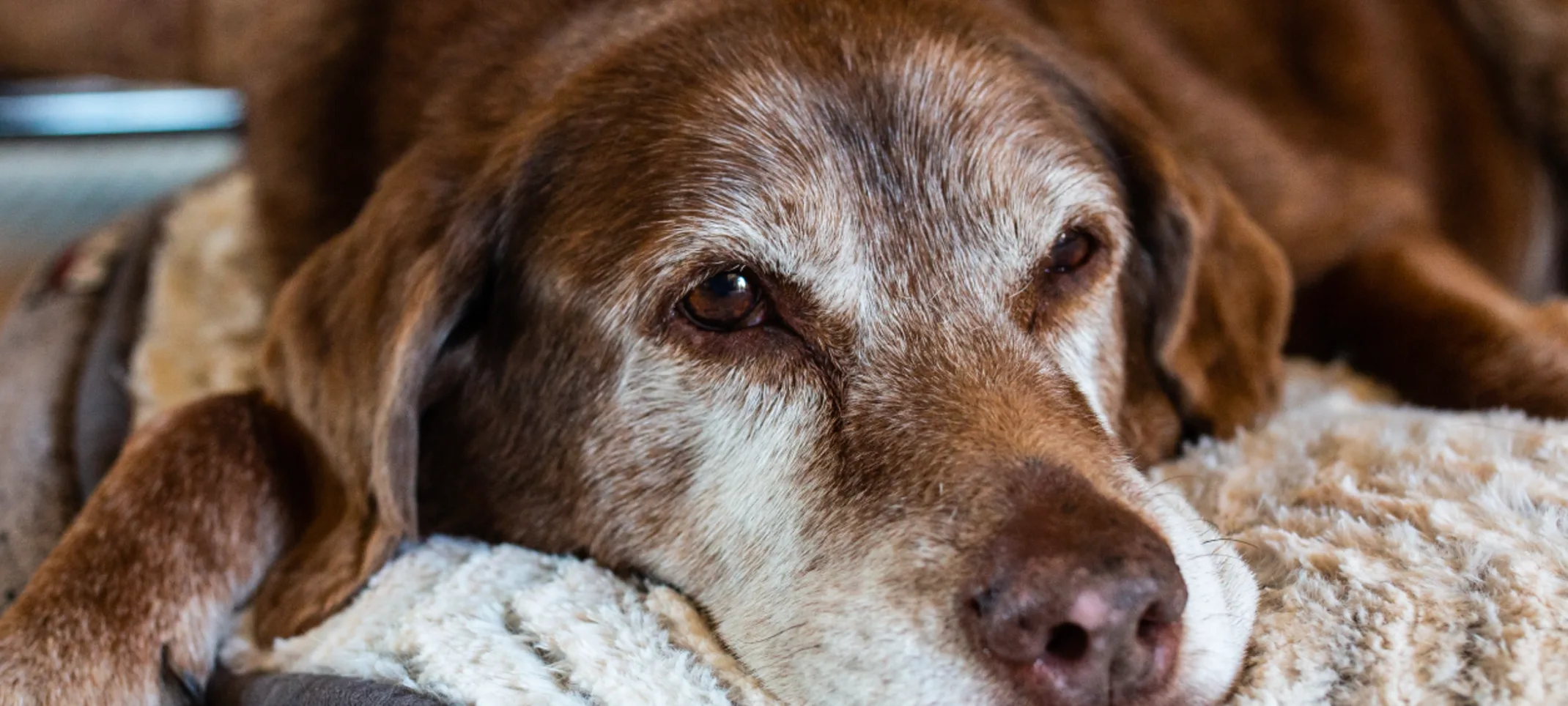Breaking News Blast
Stay updated with the latest news and insightful articles.
Golden Years, Golden Hearts: Caring for Senior Pets
Discover heartwarming tips and stories for caring for senior pets. Make their golden years truly shine with love and compassion!
Understanding the Unique Health Needs of Senior Pets
As our beloved pets age, they develop unique health needs that require special attention and care. Understanding the unique health needs of senior pets is essential for ensuring their comfort and longevity. Common issues faced by senior pets include arthritis, dental disease, and cognitive dysfunction. Regular veterinary check-ups are crucial, as they can help identify these conditions early on. Additionally, providing a balanced diet formulated for senior pets can significantly improve their quality of life by addressing their specific nutritional requirements.
It's also important to adjust your senior pet's exercise routine to accommodate their changing physical abilities. Gentle activities, such as short walks or play sessions, can help maintain their muscle tone and joint mobility without causing strain. Furthermore, creating a comfortable and safe environment is vital to cater to their needs. Consider placing non-slip mats around the house and providing easy access to their favorite resting spots. By paying attention to these aspects, pet owners can help their aging companions thrive despite the challenges they may face.

Top 10 Tips for Providing Comfort to Aging Dogs and Cats
As our beloved pets age, they may face various challenges that require additional care and attention. Here are the top 10 tips for providing comfort to aging dogs and cats: First, consider their diet. Older animals often require a special diet that supports joint health and digestion. Consult with your veterinarian to find the best options. Second, create a cozy space. Designate a quiet, comfortable area in your home that is free of drafts and excess noise, allowing your aging pet to rest peacefully.
- Provide Orthopedic Bedding: Invest in orthopedic pet beds that offer extra support for their bones and joints.
- Maintain a Routine: Stick to a consistent routine to help reduce anxiety in your aging pets.
- Regular Vet Check-ups: Schedule regular check-ups to monitor their health.
- Gentle Exercise: Engage them in light, manageable activities to keep them physically fit.
- Heat Therapy: Use heated blankets or pads to soothe sore muscles.
- Grooming: Regular grooming helps maintain their coat and skin, as well as allowing for bonding time.
- Hydration: Ensure they have access to fresh water at all times.
- Mobility Aids: Consider ramps or special harnesses to help them get around.
- More Attention: Show them love and attention; aging pets benefit greatly from extra affection.
- Pain Management: Work with your vet to manage any pain effectively.
How to Recognize and Manage Common Aging Issues in Pets
As our furry companions age, they may face a variety of common aging issues that require careful attention and management. Recognizing these changes is crucial for their well-being. Some typical signs of aging in pets include decreased energy levels, changes in appetite, and difficulty in mobility. Pet owners should be vigilant about observing their pets for any significant behavioral changes, such as increased irritability or withdrawal from social interactions. Additionally, monitoring their grooming habits can also provide insight, as older pets may struggle to keep themselves clean.
Managing aging issues in pets involves a combination of proper veterinary care, dietary adjustments, and lifestyle changes. Regular check-ups with a veterinarian can help identify specific health concerns early on, allowing for timely interventions. A tailored diet rich in nutrients that support joint and cognitive health is vital. Moreover, incorporating gentle exercise into their daily routine can help maintain mobility and overall vitality. Lastly, consider creating a comfortable living environment with easy access to essential areas, so your pet can navigate their space with ease as they age.